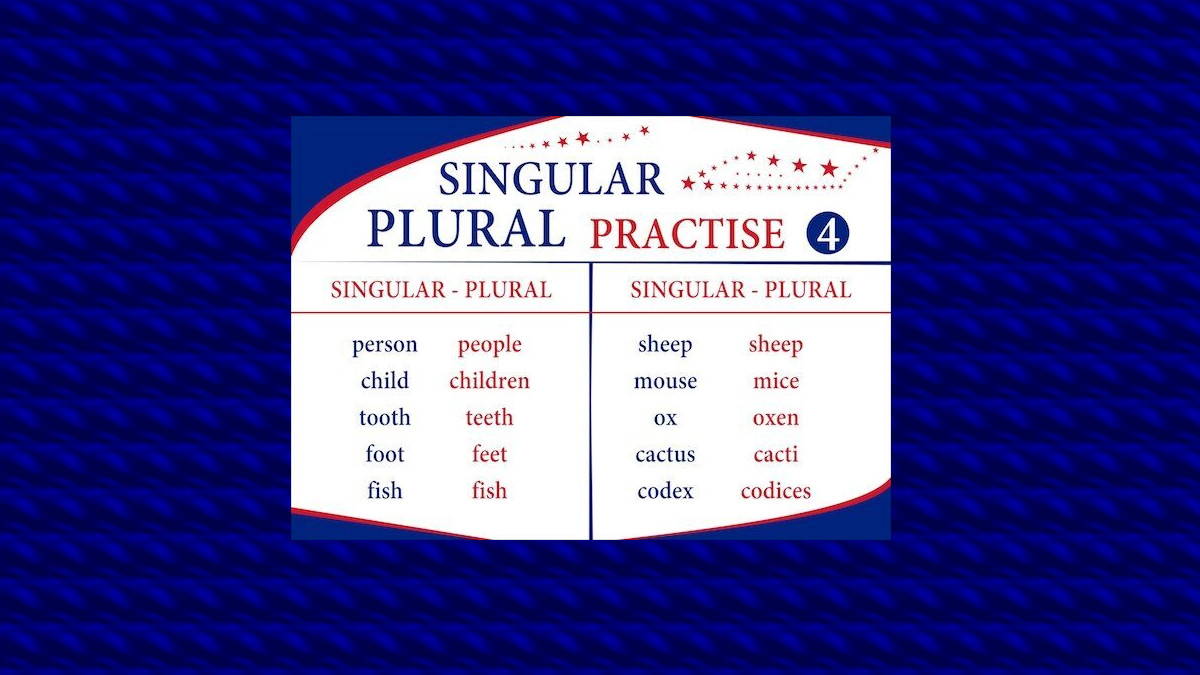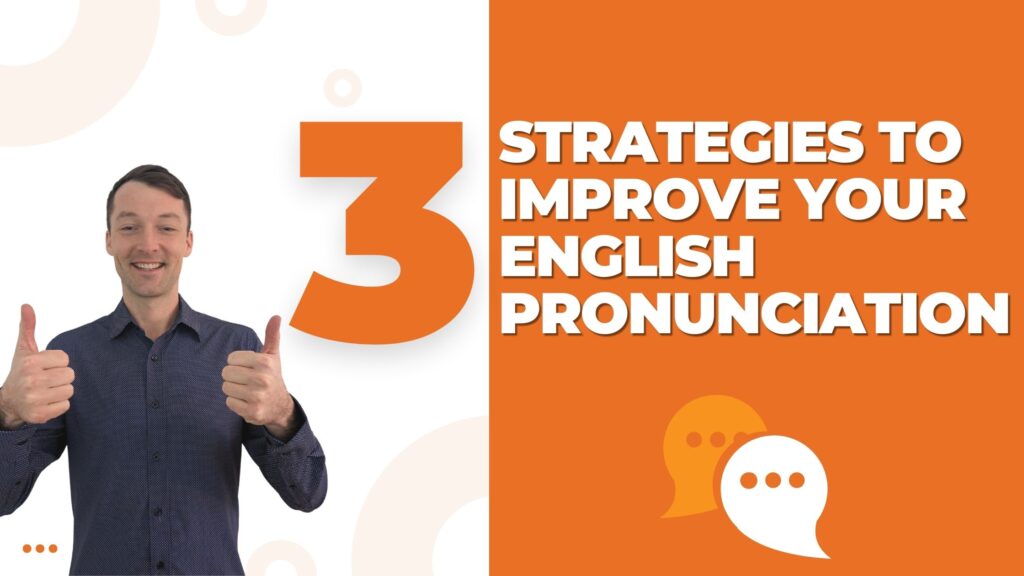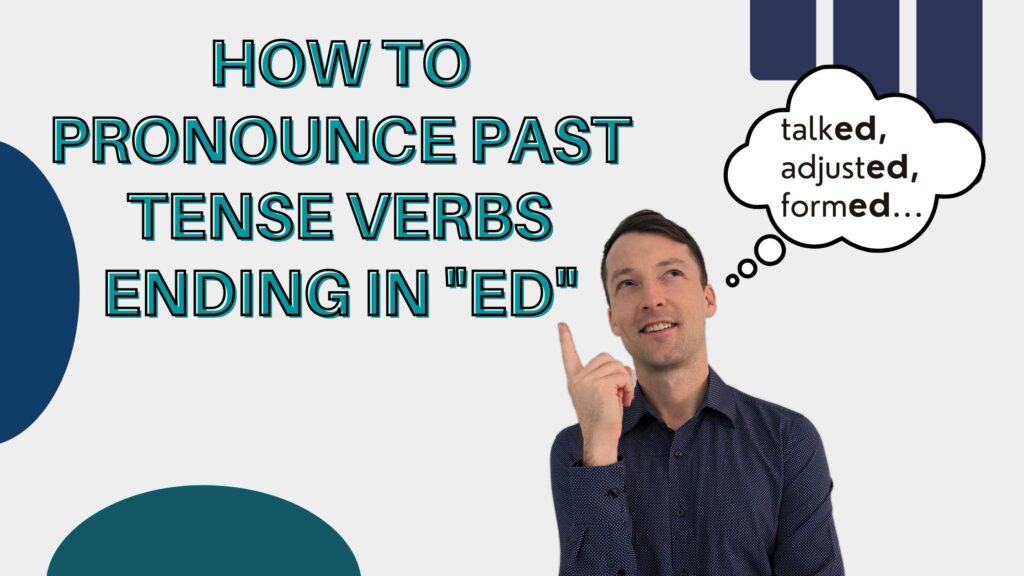Plural Nouns – Regular and Irregular Plurals in English. All nouns are singular or plural. Singular nouns mean just one, while plural nouns mean more than one. In this post I will talk about the rules for forming plural nouns. There will be many example words and some example sentences. The download at the end will give you more practice using these nouns.
Regular and Irregular Plurals in English
Plural nouns: when to add “s”
The most common way to form the plural is to add s to the singular noun. Most of the time, the s is pronounced /z/. If the noun ends is a c,k,p, or t, the s is pronounced /s/. Here are some examples.
- book-books /s/
- house-houses /z/
- cat-cats /s/
- dog-dogs /z/
- picnic-picnics /s/
- river-rivers /z/
- boat-boats /s/
- rod-rods /z/
Plural nouns: when to add “es”
Sometimes we need to form plural nouns by adding es to the singular noun. We do this when the singular noun ends in s, ss, sh, ch, or x. When this happens, and extra syllable is added to the word. This syllable is always pronounced /ez/. We do this for ease of pronunciation. It is difficult to say boxs. It is much easier to say boxes. Here are some examples.
Plural nouns for words ending in y: When to add s or ies
Some singular nouns end with y. If a singular noun ends with a vowel (a, e, i, o, or u) + y, we simply add s to form the plural noun. The s says /z/.
If the singular noun ends with a consonant + y, we drop the y and add ies. We pronounce the ending /eez/.
- baby-babies
- sky-skies
When the y is pronounced as in I, the ies is pronounced /z/.
- city-cities
- penny-pennies
- family-families
- story-stories
Making nouns plural with “ves”
Some singular nouns end in f or fe. When this happens we drop the f or fe and add ves to form the plural noun. We also do this for greater ease of pronunciation. The ending is pronounced /z/.
Making nouns plural when the singular ends in o
Forming the plural when the singular noun ends in o has some special rules. If the noun ends with a vowel + o, we simple add s to form the plural. It is pronounced /z/.
If the singular noun ends with a consonant + o, we often (but not always) add es.
- echo-echoes
- hero-heroes
- domino-dominoes
- mosquito-mosquitoes
- tomato-tomatoes
- potato-potatoes
- veto-vetoes
Be careful. There are exceptions to the rule. Many words Italian or Greek origin simply take s to form plural nouns.
Often you many not know whether a noun ending with a consonant + o takes s or es to form the plural. If you do not know the origin of the word,just look it up. You may also simply have to memorize words that are exceptions to the rule.
Regular and Irregular Plurals in English: When you have a choice on how to make nouns plural
There are some words ending with a consonant + o that give you a choice. The plurals are formed by adding either s or es. Both are correct.
- avacado–avacados/avacadoes
- buffalo–buffalos/buffaloes
- ghetto–ghettos/ghettoes
- halo–halos/haloes
- tornado–tornados/tornadoes
Regular and Irregular Plurals in English: Unusual plural nouns
Some singular nouns that end in is become plural nouns in an unusual way. We change the i to e. We pronounce this new ending /eez/.
Some singular nouns that end in us also form their plurals in an unusual way. We drop the us and add add i. The i is pronounced as in the word pie.
Finally, some nouns of Latin origin end in um. These words become plural nouns by dropping the um and adding a.
Nouns that do not change
Some singular nouns stay the same when they become plural nouns. The listener knows the noun is plural only by the context of the sentence.
Irregular nouns
Unfortunately, English has many irregular plural nouns. Here is a list of some of the most common ones.
Nouns that take a singular verb in a sentence
Some nouns are always plural, or they, at least, imply more than one item. However, in a sentence, these plural nouns take a singular verb. Some of these nouns are non-count (cannot be easily counted). You will see the plural noun below used in an example sentence.
- news–The 10pm news was very bad tonight.
Surely there was more than one story on the news.
- athletics—Athletics is an important part of college life.
- linguistics—Linguistics is the science of language.
- darts—Darts is a popular game is many British pubs.
- billiards—Billiards is also called pool.
- hair–My sister’s hair is blond and curly.
The word hair is written as a singular word and takes a singular verb. If implies more than one, however. My sister certainly has more than one hair on her head.
Regular and Irregular Plurals in English
Plural nouns that refer to only one item and take a plural verb
Some nouns clearly look like plural nouns, but they refer to only one item. These nouns, however, always take a plural verb in a sentence.
- trousers–My trousers are too long.
This refers to a garment with tow legs, but still only one garment.
- pants–His new pants are black.
See note above.
- jeans–My jeans are torn, but they are very comfortable.
See note above.
- glasses–His glasses are broken, so he can’t wear them.
Glasses have tow lenses, but the word refers to only one item.




